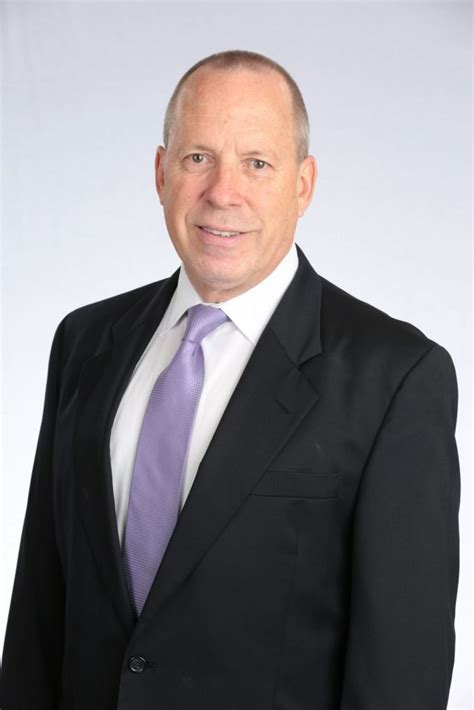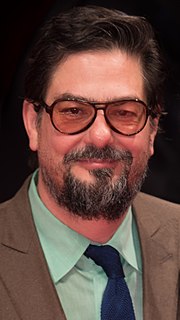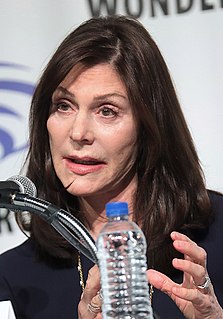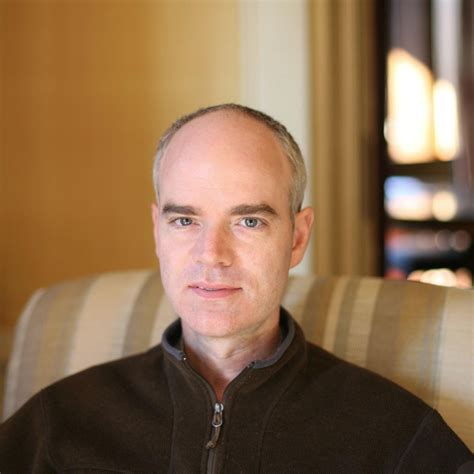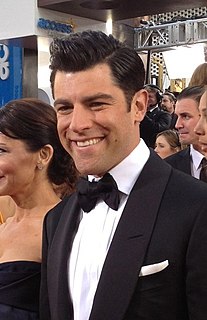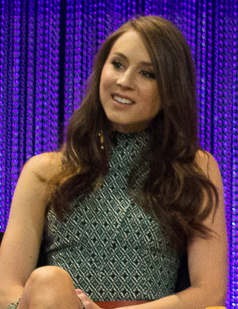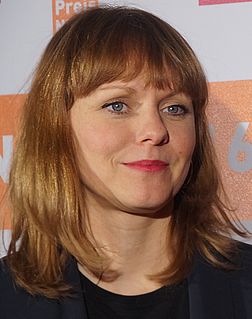A Quote by David M. Evans
You have to be very flexible and understand as a director, especially as a writer/director, that you cannot hang onto stuff really hard. You have to be ready to accept those happy accidents and to anticipate that they are going to happen and capitalize on them.
Related Quotes
Actors, I think, are all the same. Both Korean actors and American actors are all very sensitive people, and they are all curious to know what the director thinks of them and how they are evaluated, and they try to satisfy the director. And they like it if you listen carefully to their opinions and accept them.
There are some scenes that you have to lose in order to win something at the end. A good director will keep pointing you that way, but it is also your job as an actor to understand that there are scenes that you do, particularly when you are the lead, where other people get to come in and steal and you have to let them. I understand that but a good director always reminds you where those moments are.
To be a great director, what does it mean exactly? It's not only about a great director, but also about being able to rely on the very special chemistry that goes between them. It not only has to be a great director, but the great director has to make his relationship to you, the actor, very special.
The dream, I think, with any project is it starts with an idea, and then somebody writes it, and the writer hopes that a director comes on and makes this piece of material visual, and both the director and writer hope that they can have actors come in and bring something to it that neither one of them expected, elevating it along the way.
We with Komplizen Film believe very much in the writer-director and in the freedom of a filmmaker. I think it's always good to be involved where you spend the money. Filmmaking, you see in the picture what the money's spent for. I never had to leave a phase of filmmaking before being really happy, and that was really a big luxury. That could happen, I think, because I am my own producer.
Your actors need to trust you as a director, but normally, I think you just need to have an open communication between the actors and the director. I think the director needs to really paint his or her vision to the cast and let them know the kind of mood that he or she is making. I think that's very important.
